
New research reveals the extent to which abusers target vulnerabilities in children.
Children who are lonely, like attention and rely on social media are more than twice as likely to be groomed online, the NSPCC can reveal.
The charity’s research shows for the first time how certain characteristics make children more vulnerable to being abused on social media.
It comes after the charity warned coronavirus has created the perfect storm for offenders looking to target lonely, socially isolated children as they increasingly spend time online.
More than 2,000 young people, aged between 11 and 17, were surveyed by the NSPCC last year, with 4% confirming they had sent, received or been asked to send sexual messages to an adult online.
This doubled to 9% for respondents with characteristics that may make them vulnerable, including loneliness, greater usage of social media, unhappiness and liking attention.
Abusers will often target children who have expressed vulnerability online, mainly through sharing thoughts and feelings in social media posts and livestreams, which many children are likely to be doing now.
The survey also revealed that 9% of respondents had sent, received or been asked to send sexual messages to another young person, which more than doubled to 20% for those with the same vulnerable characteristics.
Self-generated images account for a growing proportion of child abuse images, whether these are shared on a consensual basis or are the result of peer-to-peer grooming. But if that gets shared, the sender loses control of how it’s used and leaves the child exposed to bullying, blackmail, online grooming and abuse.
Louise* was nine-years-old when she was first coerced into sending a sexually explicit image of herself to a man. Then, when she was 12, she was sexually assaulted by a young person she met online and exploited by another she thought she was in a relationship with.
“My loneliness was definitely exploited on more than one occasion. Comments could be from anything to an innocent “I’m here if you need to chat” to more manipulative ways such as “you know I’m the only one who cares for you, you’ve told me you’re lonely and I’ve always been there haven’t I?”.
“And in return for being there for you, there was always other expectations, even if they weren’t asked for directly.”
Childline counselling sessions have revealed young people are feeling lonely and anxious during the Government lockdown, and children are spending more time online to stay in touch with friends since schools have closed.
On top of that, tech firms are facing challenges in being able to maintain content moderation, with fewer human resources available to identify and disrupt child abuse on their sites.
The NCA knows from online chats that offenders are discussing opportunities to abuse children during the crisis and Europol has seen a surge in attempts by offenders to contact young people on social media.
The threat of online grooming identified by this research underlines the urgent need for Government to press ahead with an Online Harms Bill, which would place a legal Duty of Care on tech firms to tackle abuse.
Andy Burrows, NSPCC Head of Child Safety Online Policy, said: “Through this survey, we have heard the voices of lonely, vulnerable children and discovered how much more exposed they are to online abuse.
“It’s particularly worrying during the lockdown as it is clear now that it has never been easier for abusers to exploit lonely children who are spending a lot of time online.
“This crisis has exposed the child protection cracks that were already there in social networks so now more than ever tech firms must step up and ensure their services are safe.”
The NSPCC is calling for tech firms to:
- Prioritise their available moderation resources on immediate child abuse risks.
- Share with Government and NGOs the volumes of child abuse referrals they make during this period to the National Center for Missing and Exploited Children (NCMEC), in order track and identify child abuse risks.
- Share intelligence on emerging and evolving risks with other platforms and law enforcement, so platforms can understand the agile and constantly changing grooming threat.
Parents and carers also have an important role to play by being aware of the online risks and having regular conversations with their child about what they are doing online.
New advice on apps such as Zoom and Houseparty can be accessed on the co-created NSPCC and O2 Net Aware site which helps parents understand how to minimise the potential risks and ensure that online resources can be an important, and safe, part of coping with the implications of social distancing.
Without the support of teachers, children should know they can turn to parents or Childline, if they have any worries or concerns.

 Tree planted to honour devoted foster carers during Foster Care Fortnight
Tree planted to honour devoted foster carers during Foster Care Fortnight
 Appeal for information following serious sexual assault in Knutsford
Appeal for information following serious sexual assault in Knutsford
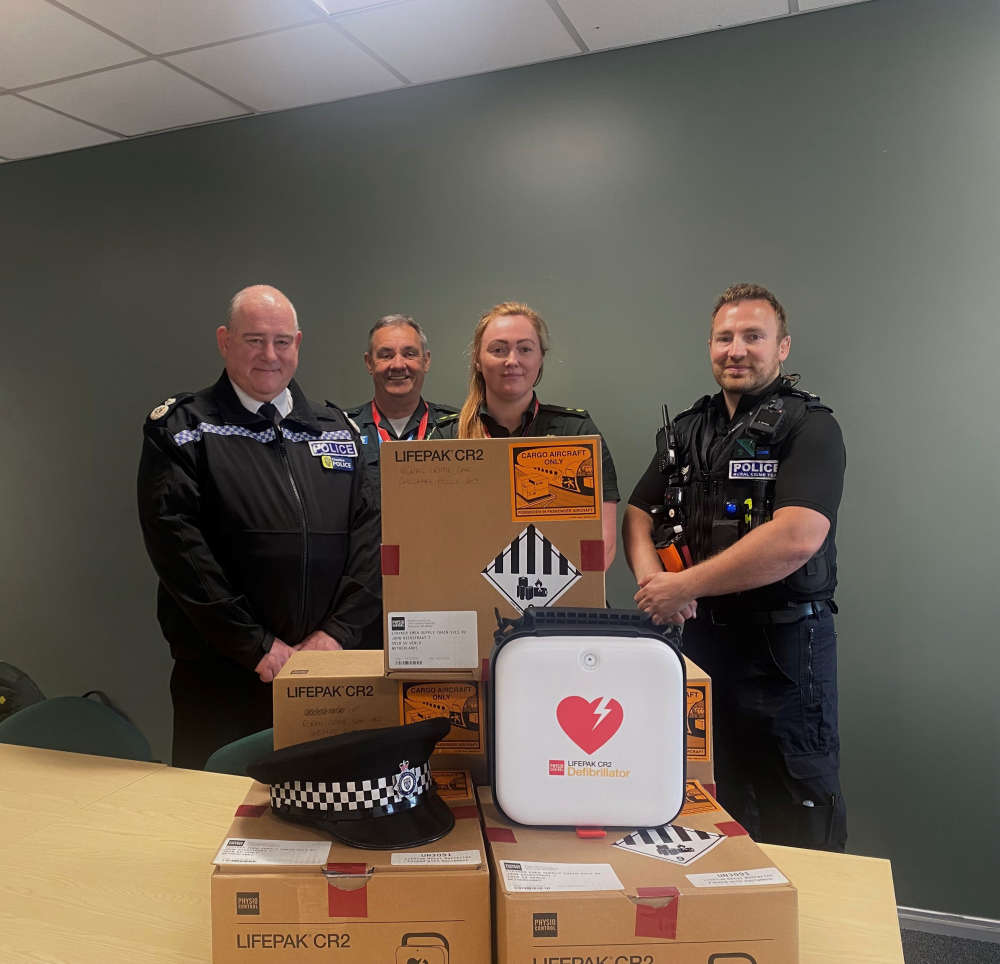 Rural Crime Team equipped with mobile defibrillators
Rural Crime Team equipped with mobile defibrillators
 Enterprising Future For Macclesfield
Enterprising Future For Macclesfield
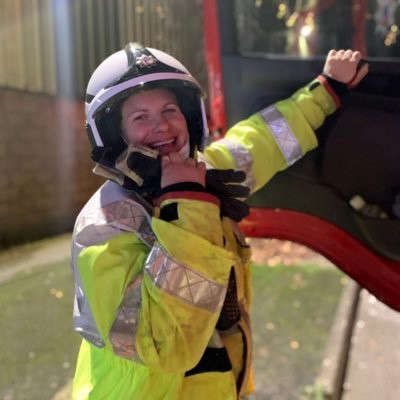 Is being a wholetime firefighter the job for you?
Is being a wholetime firefighter the job for you?
 Community café and support centre has secured support from Knutsford Town Council
Community café and support centre has secured support from Knutsford Town Council
 £1k boost to Knutsford In Bloom
£1k boost to Knutsford In Bloom
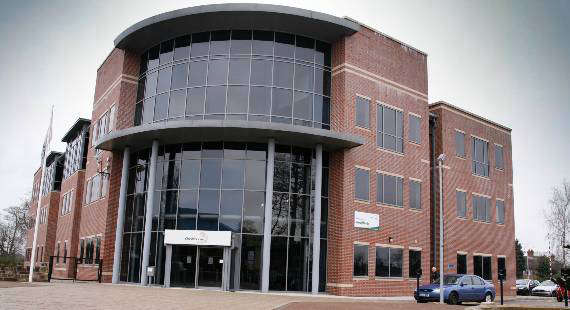 Council and football club strike deal to deliver major revamp of local sports facility
Council and football club strike deal to deliver major revamp of local sports facility
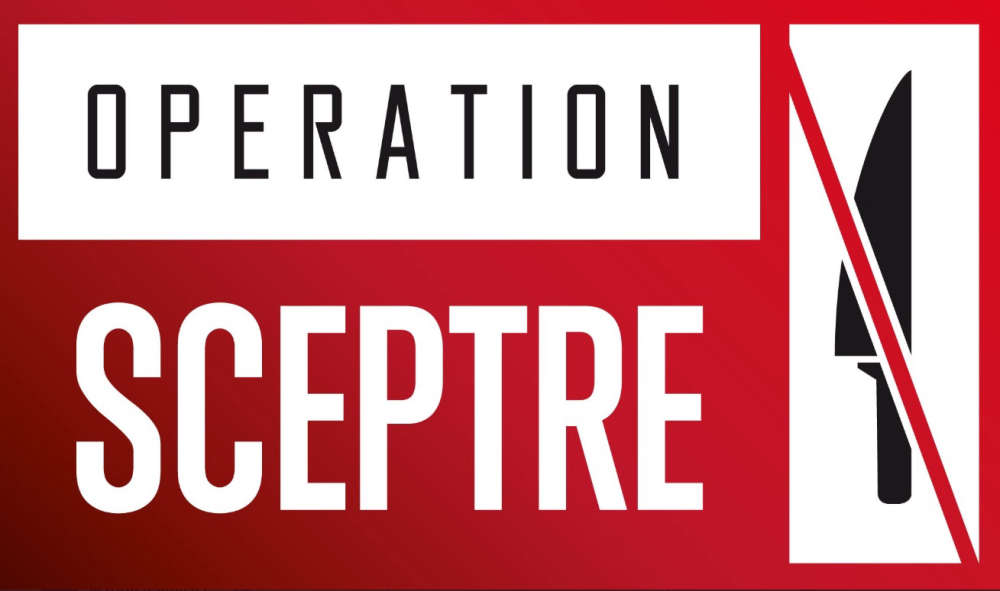 Cheshire Constabulary to support national operation to cut out county-wide knife crime
Cheshire Constabulary to support national operation to cut out county-wide knife crime
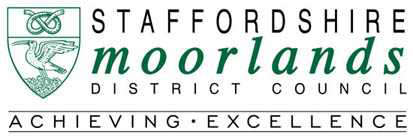 It's up to everyone to help keep public toilets open
It's up to everyone to help keep public toilets open
 Local swim school takes lifesaving efforts onto dry land
Local swim school takes lifesaving efforts onto dry land
 Deal to deliver major revamp of local sports facility
Deal to deliver major revamp of local sports facility
 Work gets underway on Congleton War Memorial Hospital’s ‘Wellbeing Garden’
Work gets underway on Congleton War Memorial Hospital’s ‘Wellbeing Garden’
 Old School Disco night in aid of Macclesfield Hospital’s breast screening unit
Old School Disco night in aid of Macclesfield Hospital’s breast screening unit
 Rugby player Doddie Weir’s MND campaign celebrated at RHS Flower Show Tatton Park
Rugby player Doddie Weir’s MND campaign celebrated at RHS Flower Show Tatton Park
 Mid Cheshire Hospitals Dermatology team takes aim at myths and promotes skin health
Mid Cheshire Hospitals Dermatology team takes aim at myths and promotes skin health
 Maternity services at Macclesfield District General Hospital rated as good
Maternity services at Macclesfield District General Hospital rated as good
 Officers continue to urge Cheshire residents to remain vigilant against courier fraud
Officers continue to urge Cheshire residents to remain vigilant against courier fraud
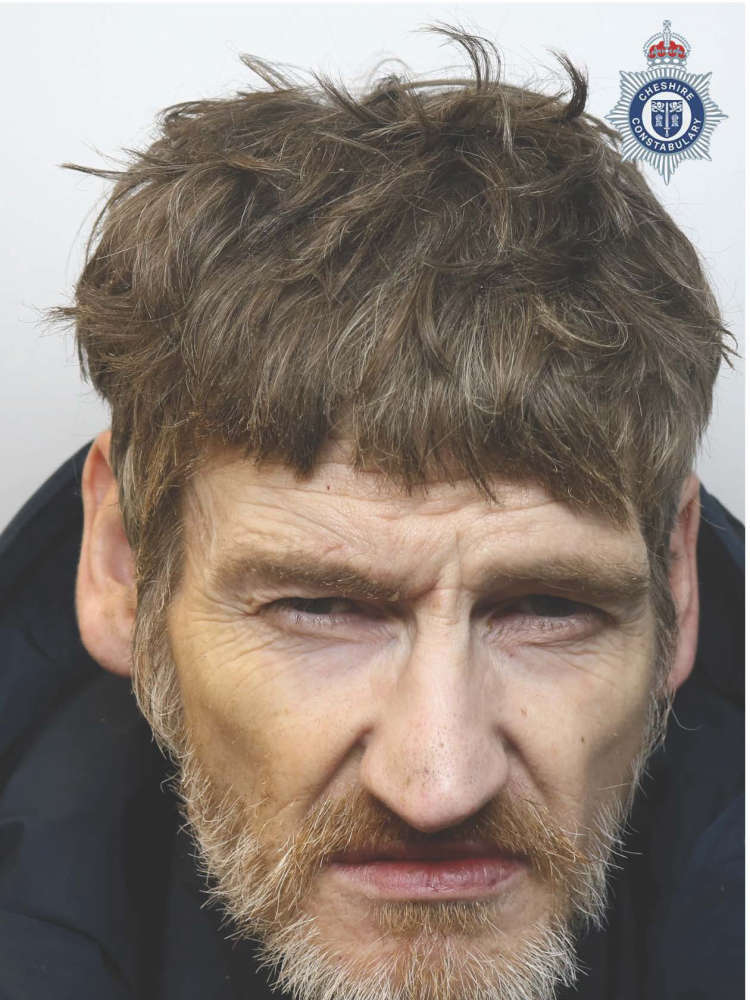 Man jailed for drugs offences in Northwich
Man jailed for drugs offences in Northwich


